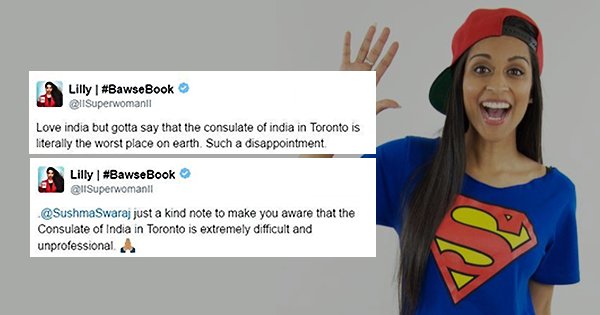
- Select a language for the TTS:
- UK English Female
- UK English Male
- US English Female
- US English Male
- Australian Female
- Australian Male
- Language selected: (auto detect) - EN
Play all audios:
New research published today in the journal Science reporting higher-than-expected seismic movement at Yucca Mountain in Nevada could further slow approval of a nuclear waste dump there,
officials say. According to the researchers, led by Brian Wernicke of Caltech, geodetic measurements taken seven times over a six-year period beginning in 1991 revealed that the Earth’s
crust in the vicinity of the proposed nuclear waste site is being stretched at a rate of 1.7 millimeters a year, give or take 0.3 millimeters. Although that amount is small, it indicates
greater seismic activity in the area than had been assumed. Nuclear waste that would be deposited in the underground storage site would remain radioactive for thousands of years. During that
time, any earthquake or volcanic activity could breach the repository and allow the deadly contents to escape into the environment. Plans to build a waste storage facility on the site 100
miles northwest of Las Vegas have been disputed for years. The idea is opposed by all four U.S senators from California and Nevada, and any suggestion that the area may be geologically
unstable seems bound to fortify the opposition to underground storage of radioactive waste at the site. The research findings would suggest that previous geologic studies have underestimated
the seismic and volcanic hazard at Yucca Mountain by a factor of 10, Wernicke and his colleagues said. That greater seismic risk reflected the fact that the recent movement is at least 10
times greater than the rate of movement that scientists had calculated has taken place at the site over hundreds of thousands of years. Some scientists, such as geophysicist Wayne Thatcher
at Caltech, said the actual movement reported was so minimal, considering possible errors, that it might not be real. And even Wernicke said this week that more research is needed to confirm
the results. Science, itself, expressed caution in an accompanying article titled, “A Hint of Unrest at Yucca Mountain.” That second article gave coverage to the skeptics. The U.S.
Department of Energy should consider funding a new study to resolve the issue, Wernicke said in an interview. “The investment would be peanuts, to set up a geodetic network around Yucca
Mountain,” he said. “In two to three years we would have nailed it down.” Wernicke added: “Our science is not doing very well if we cannot correlate the geodetic rate with the geological
rate or at least understand why there’s a discrepancy.” It is possible, Wernicke said, that a magnitude 5.4 earthquake that took place nearby in 1992 and was triggered by the huge Landers
quake in California might have generated only a temporary increase in the seismic movement. Department of Energy spokesman Erik Olds said Thursday that it is possible another study will be
funded, although he said the federal Nuclear Regulatory Commission might provide the money rather than his department. “We completed in 1996 a volcanic hazard assessment that put the chances
of volcanic disruption at only one in 70 million for each year over the minimum 10,000-year life of the waste repository,” Olds said. “We are just putting finishing touches on a seismic
hazard assessment,” he added. “Since this new report could have some implications for both these assessments, we need to review and evaluate the new information, and we’ll determine whether
to put it into our assessments or possibly conduct additional studies.” The projected date for placing the first nuclear waste in a permanent facility at Yucca Mountain is 2010. Assuming
congressional and presidential approval is obtained, the Energy Department plans to apply to the Nuclear Regulatory Commission for a license to build it in 2002. In the meantime, both houses
of Congress voted last year for separate proposals to build a temporary waste dump at Yucca Mountain. But that matter has yet to go to a conference committee and is caught in political
maneuvering. The Republican leadership in Congress is reportedly unwilling to advance the measure out of concern that pushing the proposal, which is unpopular in Nevada, could interfere with
Republican prospects of winning a Senate seat in the state this year. MORE TO READ



